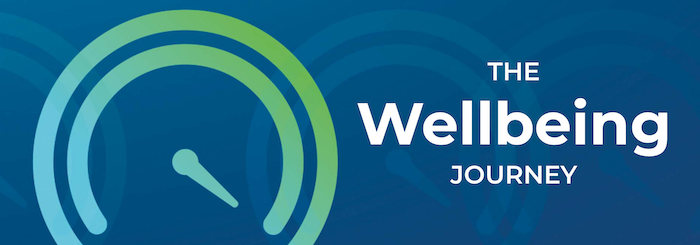Monday 22 March
Following your pathway
The first element of our vocation is to discover and live out our overall purpose, which we thought about yesterday. Today we’ll be focusing on the second element: finding out and following our specific pathway.
Eric Liddell, whose life story was told in the film Chariots of Fire, knew that his overall purpose was to live for God. His specific calling at the time of the 1924 Olympics was to be a runner. However, when one of the races was to be held on a Sunday, he followed his personal convictions not to run. Later in life, despite his athletic talent he felt that his ultimate calling was to become a missionary in China and he died in a Japanese internment camp in 1945.
There is, however, no sacred-secular division in the Bible! Those involved in so-called ‘full-time ministry’ are no more important than those who follow their calling within the family, the workplace, the community or as ‘volunteers’ in their local church.
Discovering our unique calling can be a lifelong process. You might also find some of the personality profiles helpful (DISC, MBTI, Strength-Finder). As you begin to explore your specific life purpose, here are some helpful thoughts:
(1) Know that you are ‘fearfully and wonderfully made’ (Psalm 139.14). Don’t fall into the comparison trap! Your calling is the best one for you.
(2) Take a holistic approach that includes your work, your studies, your family life, your broader responsibilities to serving your church or community.
(3) Finding your life purpose is almost always a process of discovery with experimentation, consultation with others and seeking God’s will.
(4) Like Eric Liddell, you may be fulfilling your vocation right now, but you may have a different calling at some point in the future.
> Ask yourself three questions: What can I do well (self-assessment and experimentation)? What do others see in me (consultation)? Is there a calling I have not yet fulfilled (revelation)?










